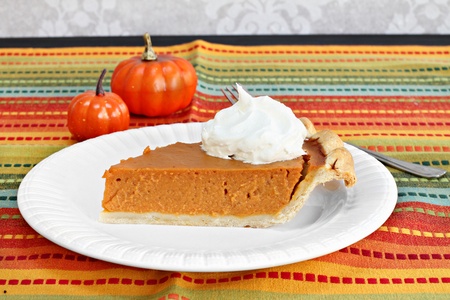“I would maintain that thanks are the highest form of thought; and that gratitude is happiness doubled by wonder.” G.K. Chesterton
For most of us Thanksgiving conjures up all sorts emotions. For many of us, it’s a holiday – a little pause from the daily grind. The kids are off school. The banks are closed and the mail takes a break. Many offices and stores are even closed. Maybe for you it means a day of watching football games or the Macy’s day parade. It probably means gathering with family or friends to eat a great meal together. It might even mean reflecting on our great nation’s history and good fortune.
But, did you know that the idea of giving thanks is even bigger than all of that? The practice of gratitude actually makes for greater physical and psychological health. Recent studies are actually proving that gratitude is more than just the polite thing to do or a holiday to be celebrated once a year; in fact, the science is showing that gratitude is actually good for us all the time.
So, what do we mean when we talk about giving thanks? For what? To whom? The leading expert on gratitude is Dr. Robert Emmons. He’s been studying its effects for more than 10 years. He says that an attitude of gratitude begins by affirming that the world is full of good things, gifts, and benefits we’ve received. He clarifies that it’s not so much appreciating our own positive traits, but it involves what he calls a “humble dependence” on others. Which makes sense because, when you think about it, a lot of what we’re grateful is by the hand of others.
So what can an attitude of gratitude actually do for us? Some researchers list as many as 30 things. We’ll just whet your appetite with five.
- Increased well-being. Taking just five minutes a day to journal your gratitude can increase your long-term well-being by more than 10 percent. According to some researchers, that’s the same impact as doubling your income!
- A stress buster. It’s no secret that stress is pretty bad for us. It’s linked to several leading causes of death, including heart disease and cancer. It claims responsibility for up to 90 percent of all doctor visits. According to Emmons, gratitude research is beginning to suggest that feelings of thankfulness have tremendous positive value in helping people cope with daily problems, especially stress. Speaking of stress, writing thank you notes has been shown to ease stress, reduce depressive symptoms, and encourage people to be more mindful of what makes them happy.
- A better personality. Daily discussion of gratitude results in higher reported levels of alertness, enthusiasm, determination, attentiveness, energy, and sleep duration and quality.
- A healthier heart. Researchers at the University of Connecticut found that gratitude can even curb heart attacks. Studying people who had experienced one heart attack, the researchers found that those patients who saw benefits and gains from their heart attack, such as becoming more appreciative of life, experienced a lower risk of having another heart attack.
- Stronger relationships. Other studies have examined how gratitude can improve relationships. Where gratitude abounds, marriages are healthier and employees are happier and harder working.
Gratitude takes practice like any other skill. Thanksgiving Day is a good time to start, but if you want to reap all the benefits, we’d encourage you to keep practicing after that.
_________
*Have we got you curious? For more information about the science of gratitude, you can visit your local library and check out Emmons’ book, Thanks!: How the New Science of Gratitude Can Make You Happier.
Last Updated on April 18, 2017 by The Orlando Law Group








